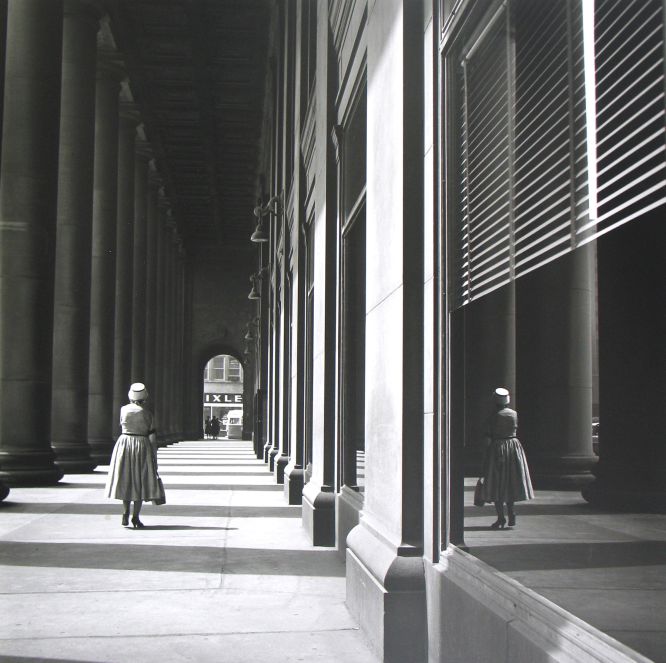"The decay of American political institutions" is
a troubling and fascinating essay just published on line by Francis Fukuyama (the American historian famous for predicting the "end of history"). Like Lessig's work on "institutional corruption", it is a sad take on the current state of US politics.
Fukuyama sees an imbalance in the American system among the three parts of government: the state (bureaucracy), the legislature and the judiciary. Where other advanced democracies give a large role to the state, the US does the opposite, constraining the state's role to an unusual extent, partly by giving the judiciary an excessive role in the implementation of policy. "Thus, conflicts that in Sweden or Japan would be solved through quiet consultations between interested parties through the bureaucracy are fought out through formal litigation in the American court system." As he points out, the judiciary is a slow, unpredictable, unelected and costly way of settling things.
In addition to this, the explosion of the influence of special interest groups or lobbyists has eroded the ability of the government to function effectively. Noting the astonishing rise in the number of lobbyists, from 175 in 1971 to 13,700 in 2007, Fukuyama has harsh words for the resulting corruption of government: "In this respect, the United States is no different from the Chinese state in the later Han Dynasty, or the Mamluk regime in the century prior to its defeat by the Ottomans, or the French state under the ancien régime."
He notes that many influential thinkers have defended people's right to form voluntary associations, seeing them as "schools for democracy" (Tocqueville). Also, because such groups are necessarily diverse ("interest group pluralism"), the argument goes, they cancel each other out and result in overall public benefit.
I like Fukuyama's take on this:
The primary argument against interest-group pluralism has to do with distorted representation. E.E. Schattschneider, in his seminal 1960 book The Semisovereign People, argued that the actual practice of democracy in America has nothing to do with its popular image as government “of the people, by the people, for the people.” Political outcomes seldom correspond with popular preferences given the very low level of participation and political awareness; real decisions are made by much smaller groups of organized interests. A similar argument is buried in Olson’s framework, since he notes that not all groups are equally capable of organizing for collective action. The interest groups that contend for the attention of Congress are therefore not collectively representative of the whole American people. They are rather representative of the best organized and (what often amounts to the same thing) most richly endowed parts of American society. This bias is not random and almost invariably works against the interests of the unorganized or unorganizable, who are often poor, poorly educated or otherwise marginalized. (emphasis mine)
Fukuyama goes on:
Morris Fiorina has shown that the American “political class” is far more polarized than the American people themselves. Most Americans support moderate or compromise positions on many contentious issues, from abortion to deficits to school prayer to gay marriage, while party activists are invariably more ideological and take more extreme positions, whether on the Left or Right.
Despite the current perception that special interest groups are mainly right-wing and corporatist, many of the most powerful ones have been what we think of as left-wing: just think of the unions and the civil rights movement. So this is not just an ideological problem. In normal circumstances, people with opposing viewpoints talk: their ideas are shaped by dialogue and communication. But lobbyists don't talk to each other, and neither do legislators: there is little real debate in the House or Senate, just prepared statements and talking points. This leads to what Fukuyama calls a vetocracy:
I mean by vetocracy the process whereby the American system of checks and balances makes collective decision-making based on electoral majorities extremely difficult.
Unlike the Westminster system, with very few actors with a power of veto, in a checks-and-balances system like the American one, there is a proliferation of veto-wielders. As an example, Fukuyama compares the budget process in the two countries: in Britain, the budget is drawn up by the bureaucracy on instructions from the governing party, presented by the party in parliament and voted on in a single vote, yes or no. In the US, the process is so complicated Fukuyama needs two paragraphs to summarize it.
Fukuyama ends his essay with a few suggestions for change, but you can feel that his heart is not in it. His final words are succinct but depressing: "So we have a problem."

